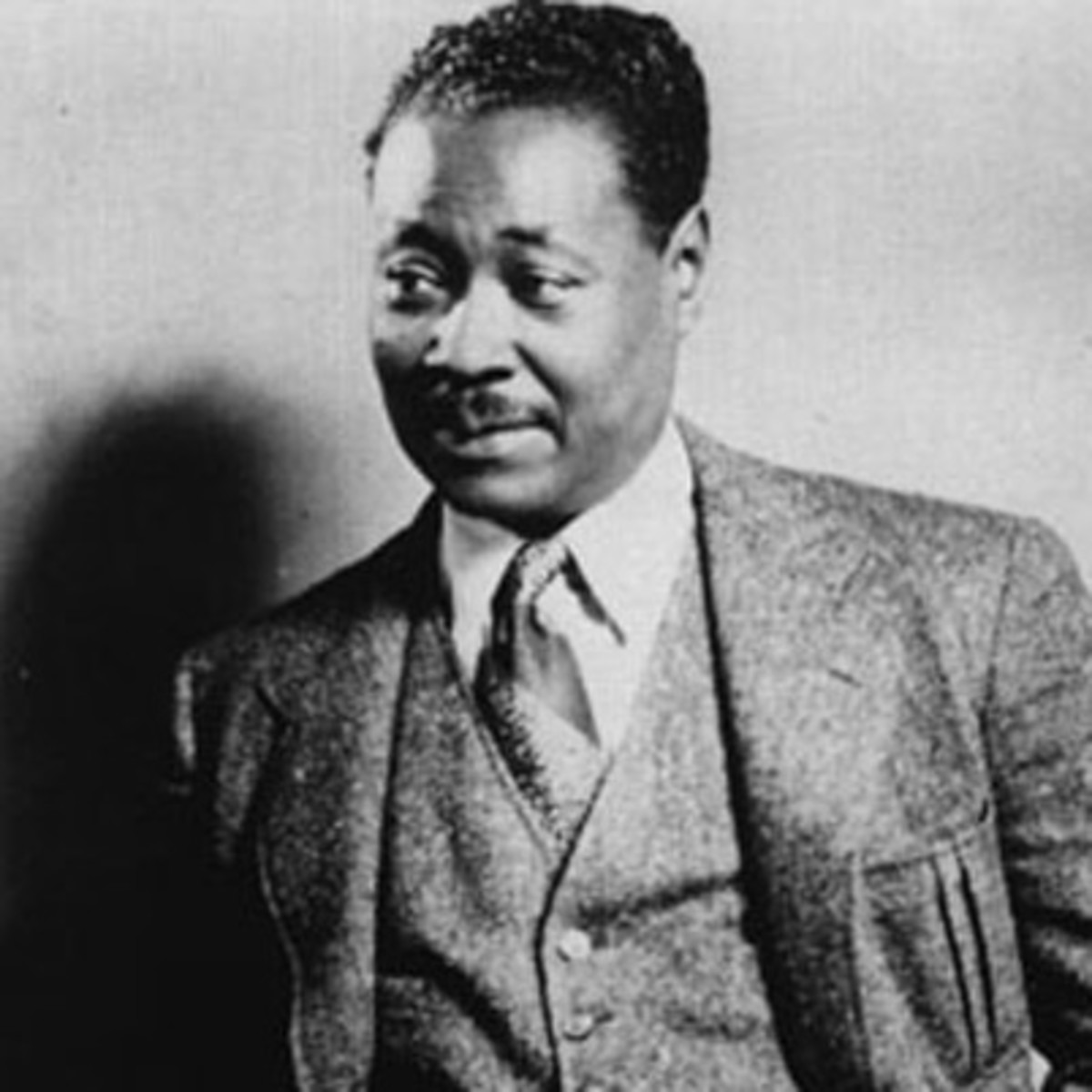Although she feeds me bread of bitterness,
And sinks into my throat her tiger’s tooth,
Stealing my breath of life, I will confess
I love this cultured [ ] that tests my youth.
Her vigor flows like tides into my blood,
Giving me strength erect against her hate,
Her bigness sweeps my being like a flood.
Yet, as a rebel fronts a king in state,
I stand within her walls with not a shred
Of terror, malice, not a word of jeer.
Darkly I gaze into the days ahead,
And see her might and granite wonders there,
Beneath the touch of Time’s unerring hand,
Like priceless treasures sinking in the sand.
Published:
1921
Length:
Regular
Literary Movements:
Harlem Renaissance
Anthology Years:
2023
2024
Themes:
Poems of Place
Poetic Form
Strength & Resilience
Literary Devices:
Personification
the attribution of human qualities to a non-human thing
Rhyme
correspondence of sound between words or the endings of words, especially when these are used at the ends of lines of poetry
Sonnet
A poem with fourteen lines that traditionally uses a fixed rhyme scheme and meter.

